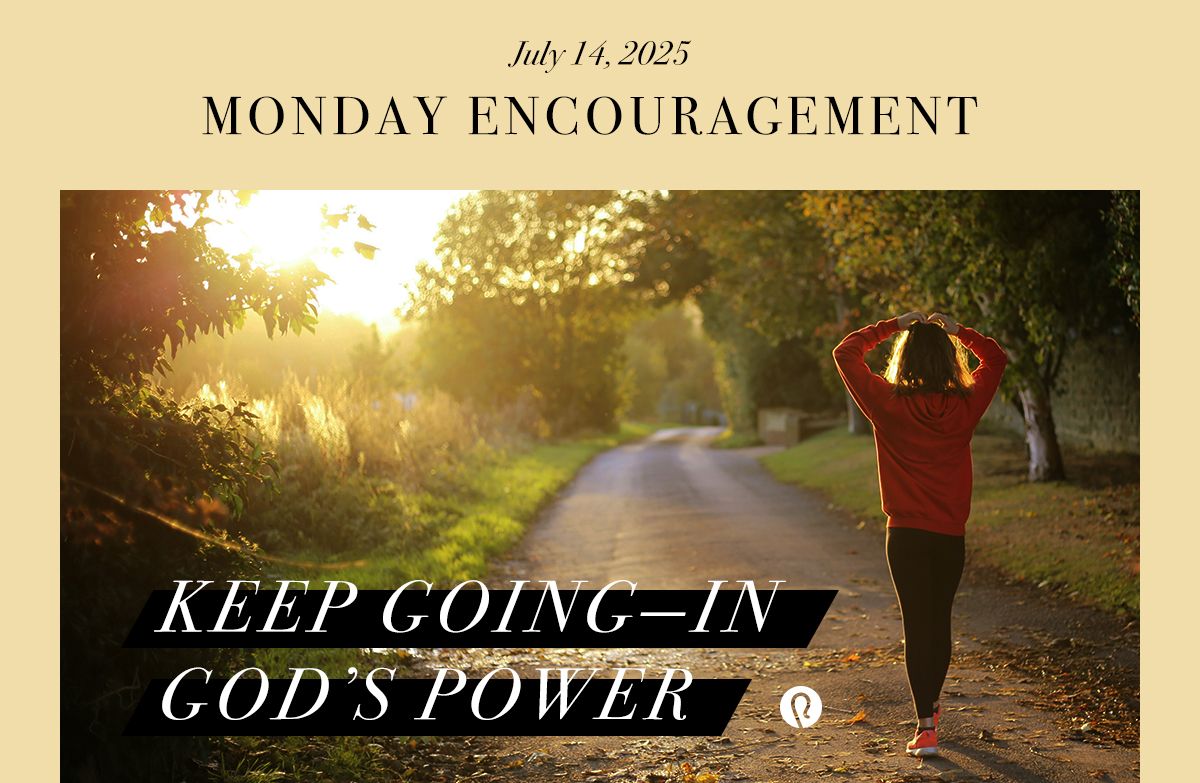FellowshipPreaching/TeachingLeadershipCelebrate RecoveryDiscipleshipSmall GroupsEvangelismWorshipMinistry
4 Big Questions to Ask Before Easter Sunday Arrives

For three and a half decades, Easter Sunday has been one of the biggest evangelistic opportunities of the year for Saddleback Church, and for thousands of other churches too. When the celebration of Easter Sunday is such a golden opportunity to tell people about the hope we have in the risen Christ, it's definitely prudent to start planning for it early.
As your staff and leadership team starts to develop a strategy for reaching as many unchurched people as possible, here are some vital questions for pastors to answer...
Graphic designed by Emily Okada.
What message will I be preaching?
Obviously, you'll be preaching about Jesus' death, burial, and resurrection. The world is starving for hope, and the resurrection story is the greatest source of hope we have. But the greatest story ever told can be told in many different ways and from many different angles. Here's a collection of 10 Easter sermons I've preached throughout the years to give you some ideas: Finding New Life From the Empty Tomb of Jesus. Your message on Easter Sunday should usually be the start of a short series or the prelude to a series starting the Sunday after Easter. This is to give people an incentive to come back the next Sunday. And knowing now what you'll be preaching on Easter Sunday will enable you and your team to craft your promotional messaging to invite people to church on this big day.What outreach events will we be hosting?
Some churches do egg drops and others do egg hunts. We've done big kids' Easter events each year and tons of families come and enjoy the day together. It's a prime opportunity to get unchurched people to set foot on your campus and experience the hospitality of your volunteers.What do we need to improve before the big day?
Easter Sunday creates a sense of anticipation among the leaders of a church, and this sense of anticipation can generate the kind of positive energy that unites a leadership team to accomplish some upgrades and improvements. Could it be that in preparation for Easter Sunday, you need to upgrade your sound and video technology? Remodel a part of your building? Add or change a worship service?What is our plan for promoting Easter Sunday in the community?
News and radio ads are good. Yard signs, bumper stickers, and window decals are better. And social media is indispensable. Have your creative team or hire a designer to craft your Easter branding and basic messaging. Create graphics, videos, and write content your members can share on Facebook, Instagram, and Twitter. Make a list now with deadlines so the holiday doesn't sneak up on you. And remember, above and beyond every other promotional method, nothing is more effective for spreading the message than the personal relationships represented by the people whose lives have already been changed by the ministry of your church. Every Sunday, and every day of the week for that matter, is another opportunity to empower people for the mission for which God made them—bringing others into a right relationship with his Son, Jesus. Pray now. Plan and prepare early. Sow the seed and water the soil, and trust God to bring the growth!Graphic designed by Emily Okada.







